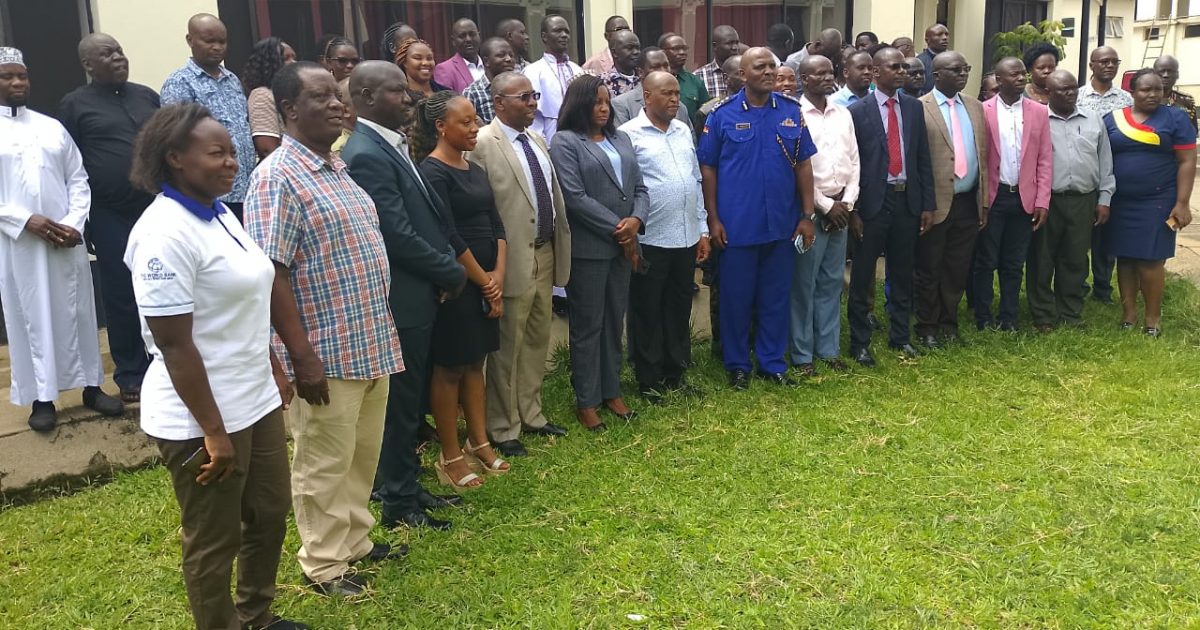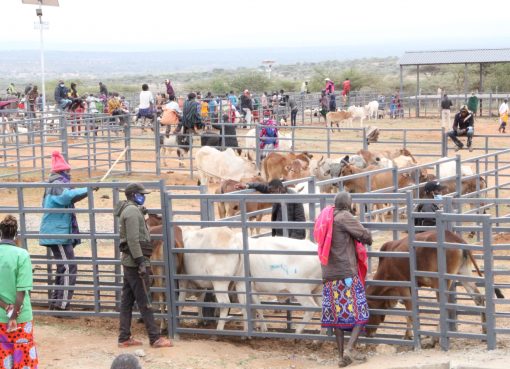Security agencies in the western part of Kenya have been admonished to exercise vigilance and stay extremely alert to avert terrorism activities in the region.
Nyanza Regional Commissioner Flora Mworoa observed that the Western and Nyanza regions have been identified as fertile grounds for terrorist recruitment, despite the area having no history of terrorist attacks.
Terrorism acts, she added, have been associated with Nairobi and some coastal regions. This has made the militant groups consider Nyanza and Western regions as vulnerable zones to violent extremism owing to the locals’ ignorance.
“Violent extremism is dynamic, and you can never tell what they are planning. If caught unawares, then it becomes disastrous; hence, we need to remain alert to counter terrorism in this region,” stated Mworoa.
The Western Regional Commissioner, Mr. Irungu Macharia, reiterated that various areas within the region have been identified as active grounds for terrorist recruitment.
“When the terror groups continue conducting recruitment, then it sends a clear message of their ill motives to ensure continuity of the attacks,” observed Mr. Macharia.
He noted that the security teams in the region have heightened surveillance and have partnered with relevant organisations to address the challenges of terrorism, particularly the recruitment of locals.
They made the remarks during the regional public participation meeting on reviewing the National Strategy on Countering Violent Extremism held in Kisumu County, which runs from October 16 to 17.
Mworoa stated that the strategy review was timely, as terrorism is a dynamic space where terrorists come up with new strategies in light of changing technology.
Mr. Macharia underscored the need to adopt the input given by members of the public and urged practitioners in the security space to develop a proactive strategy that would help in prevention as opposed to countering violent extremism in the country.
“With the strategy in place, we believe that it will help to prevent incidents of violent extremism and terror attacks in the region and the country,” he stated.
The Review of the National Strategy for Countering Violence and Extremism is supported by the Global Community Engagement and Resilience Fund (GCERF) in partnership with the National Counterterrorism Centre (NCTC) and Act Change Transform.
It brought together officials from the County Counter Terrorism Committees, civil society organisations, security actors, and faith-based organisations from Nyanza and Western regions.
According to Mr. Njenga Miiri, the Head of Prevention and Resilience at the NCTC, the existing strategy was established in 2016, and he highlighted the need to improve some of its sections to adapt to the changing times.
Over the years, Miiri observed, the implementation of the strategy, which was developed seven years ago, presented glaring gaps, including lack of a measurability framework that posed a potential threat to the security and peace of the country.
“This strategy is supposed to be a comprehensive mechanism for making sure that we are able to handle all situations, from radicalization for recruitment to possible planning for attacks by violent extremists,” he stated.
By Robert Ojwang’ and Joseph Ouma





